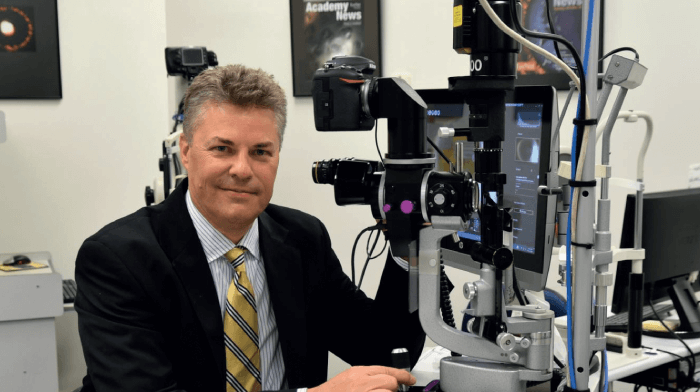
Researchers have identified 107 genes that increase a person’s likelihood of developing glaucoma – information that now forms the basis of a test that uses a single blood or saliva sample to produce a risk “score.”
Unlike current glaucoma diagnostics, the test can be performed before any damage occurs, opening the path to more proactive screening that could initially pinpoint the most at-risk family members of a known glaucoma patient, for example. “Early detection is paramount; existing treatments can’t restore vision that has been lost, and late detection of glaucoma is a major risk factor for blindness,” said clinical lead researcher and Chair and Academic Head of Ophthalmology at Flinders University, Professor Jamie Craig (1).
“With these results, we can now quite accurately assess an individual’s genetic risk ‘score’ for developing glaucoma, similar to other tests in development for cardiovascular disease, breast cancer, and bowel cancer.” The researchers are now looking to recruit 20,000 people with a personal or family history of the disease to identify more genes that play a role. Find out more here.
References
- Flinders University, “New glaucoma test to help prevent blindness” (2020). Available at: https://bit.ly/39CUzj8
